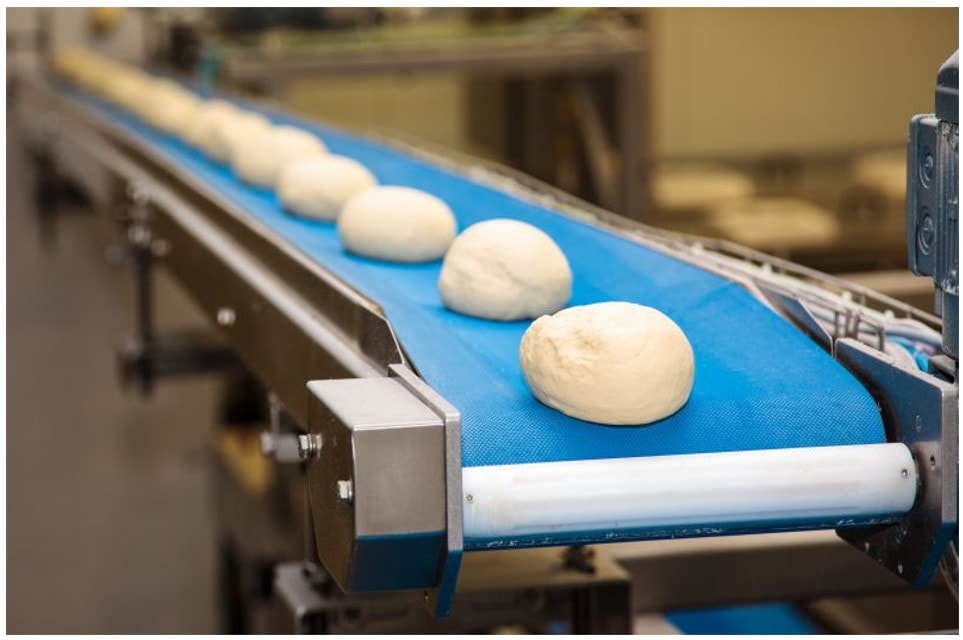
In today's conscientious customer landscape, the demand for fairly sourced and lasting items has actually surged. Private label food manufacturers have actually emerged as trailblazers in this domain, commonly teaming up with contract food makers to spearhead sustainability as well as accountable sourcing campaigns. With an undaunted dedication to ecological values, private label brand names have made it their goal to supply lasting, top quality alternatives to customers.
Private Label Food Manufacturers
Recently, private label food manufacturers, also referred to as very own brands or store brand names, have actually seen an exceptional surge in appeal. These manufacturers generate goods sold under the logo design of a store, grocer, or private entity. What collections private-label products apart is their ability to use competitive pricing without jeopardizing on high quality.
Contract Food Manufacturers
Numerous private-label food makers join forces with agreement manufacturers to establish their line of product. Contract food manufacturers are professionals in producing food for personal tags. This critical partnership enables exclusive label business to tap into the knowledge, resources, and devoted food production facilities of their partners.
Sustainability at the Core
Private label food manufacturers utilize numerous strategies to enhance sustainability within their supply networks:
Moral Sourcing:
Private label firms are significantly committed to sourcing components according to honest as well as reasonable profession requirements. This involves ensuring that producers and also workers of basic materials, such as coffee beans, flavors, or cocoa, obtain reasonable settlement for their efforts.
Neighborhood Sourcing:
Focusing on neighborhood sourcing of ingredients is an additional hallmark of private-label food makers. This not just minimizes the carbon footprint associated with transportation however also supports local farmers and also areas.
Organic Contents:
With the organic food market on the rise, exclusive labels are reacting by incorporating organic components into their line of product. Organic farming methods prioritize dirt wellness while shunning artificial chemicals and fertilizers.
Sustainable Fish and shellfish:
Private Label Food Manufacturers are diligent in making certain that the seafood they make use of is sustainably gathered, sticking to standards established by organizations like the Marine Stewardship Council, which promotes accountable fishing.
Lowered Food Waste:
Personal label firms are actively servicing minimizing food waste by executing effective manufacturing procedures as well as creating items with longer life span. Some brand names are likewise partnering with food rescue companies to give away surplus food to those in demand.
Eco-Friendly Product Packaging and also Campaigns
Sustainability efforts by private-label food producers expand private label food manufacturing beyond sourcing components to incorporate product packaging as well as eco-friendly efforts:
Lasting Packaging:
Personal label brand names have actually accepted environment-friendly product packaging options, consisting of recyclable, eco-friendly, or compostable materials. Redesigning product packaging to minimize excess product as well as reduce ecological effect is a leading concern.

To minimize wastage, private-label food manufacturers optimize item dimensions, minimize excess packaging, and also check out cutting-edge product packaging options. Some brands also urge consumers to participate in reusing programs.
Power Effectiveness:
Several personal label makers are buying even more energy-efficient manufacturing plants, decreasing water usage, and adopting renewable energy resources to better minimize their ecological footprint.
Carbon Neutral Initiatives:
Some personal brand food makers are taking ambitious steps to achieve carbon neutrality by offsetting their greenhouse gas emissions through reforestation jobs as well as renewable resource credit reports.
Obstacles and the Road Ahead
Despite the significant strides made in sustainability and responsible sourcing, private-label food suppliers deal with obstacles. Balancing sustainability with cost-effectiveness can be a fragile act, sometimes requiring compromises on sustainable components or the expedition of environment-friendly alternatives.
However, the future of private-label food manufacturing holds terrific guarantee. As consumer recognition and need for sustainable items continue to increase, private-label brands and their contract food manufacturing companions are likely to intensify their initiatives. Cooperation with suppliers and also investment in sustainable technological developments and transparency will be critical in shaping a lasting future for the sector.
Often Asked Inquiries
Q1: What are private label food manufacturers?
Private label food manufacturers produce goods sold under the logo design of a store, grocer, or private entity. They offer competitively valued products without compromising on high quality.
Q2: Just how do private label food manufacturers promote sustainability?
Private label food manufacturers promote sustainability with honest sourcing, regional ingredient procurement, the use of organic active ingredients, lasting fish and shellfish practices, and efforts to minimize food waste.
Q3: What environmentally friendly packaging options do private label brands make use of?
Personal label brands take on green packaging choices such as recyclable, naturally degradable, or compostable products. They additionally revamp packaging to decrease excess product as well as decrease environmental impact.
Q4: What challenges do private label food manufacturers encounter in sustainability efforts?
Stabilizing sustainability with cost-effectiveness is a significant difficulty for private label food manufacturers. This might need compromises on sustainable ingredients or the expedition of environmentally friendly choices.
Conclusion
Private label food manufacturers go to the center of the sustainability and responsible sourcing activity within the food market. Their commitment to moral sourcing, neighborhood purchase, natural components, and lasting methods, in addition to their dedication to green product packaging and waste decrease efforts, show their decision to satisfy the demands of today's eco-conscious customers.
Regardless of the obstacles they encounter, private label food manufacturers are poised for a promising future. With consumers increasingly prioritizing sustainability, the sector is likely to witness even higher partnership with suppliers, investment in lasting innovations, and also a dedication to transparency. As we progress, private label food manufacturers will remain to play an essential duty in shaping a much more sustainable and also honest food landscape for all.